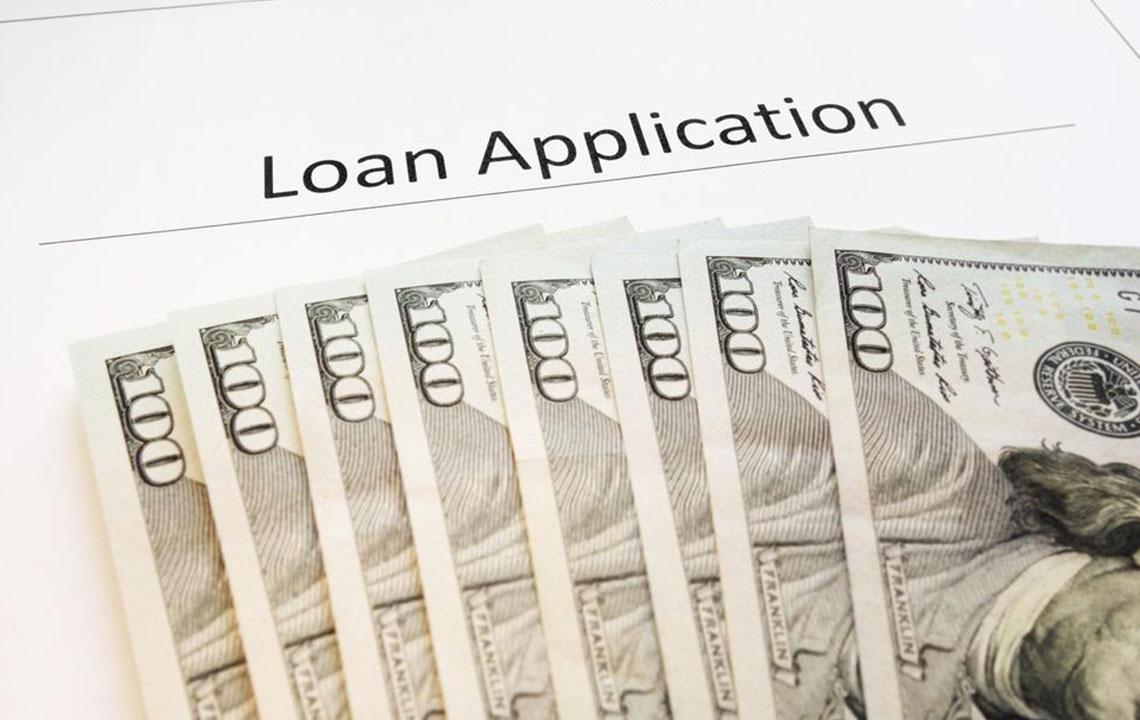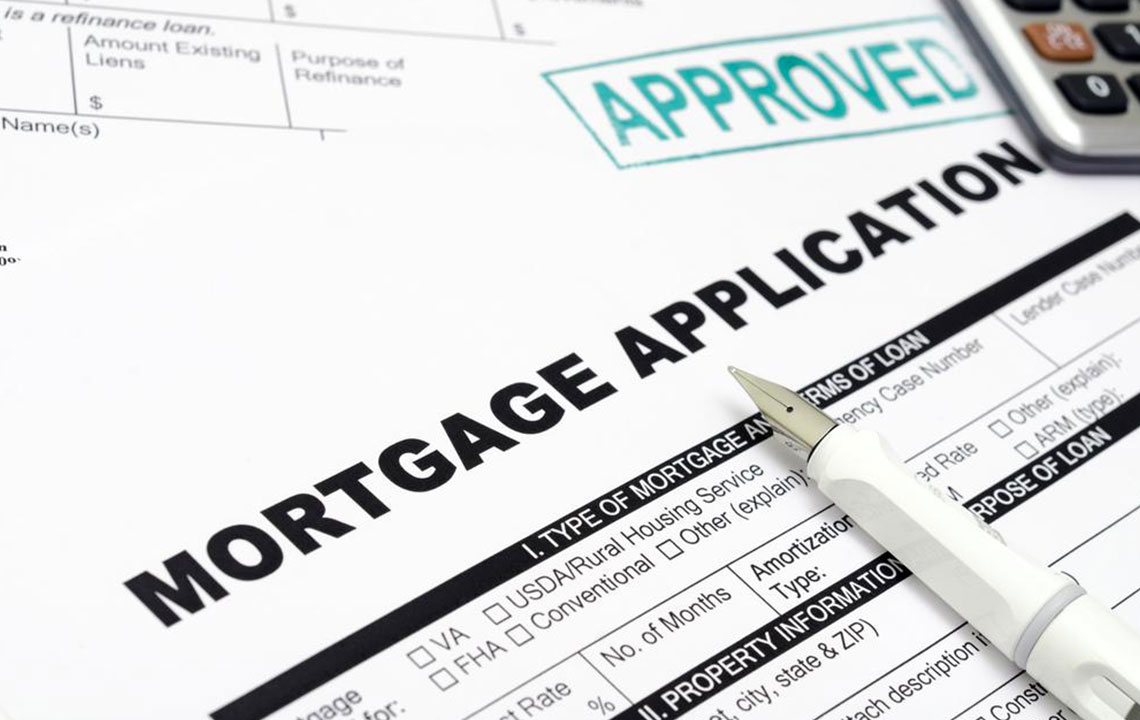Comprehensive Guide to Simplified Homeowner Refinance Options
This comprehensive guide explores the FHA streamline refinance program, highlighting its benefits, eligibility criteria, limitations, and step-by-step process. Designed for homeowners seeking easier refinancing options, it provides valuable insights into how to lower mortgage interest rates efficiently, with minimal paperwork and no appraisal requirements. Perfect for those wanting to optimize their mortgage terms, this article helps homeowners make informed decisions about refinancing with FHA support.

Comprehensive Guide to Simplified Homeowner Refinance Options
Refinancing a mortgage can often be a complex and time-consuming process, involving lengthy paperwork, appraisals, and financial verifications. However, the Federal Housing Administration (FHA) offers a streamlined refinancing program designed to make the process easier for homeowners holding existing FHA loans. This program is specifically tailored to help borrowers lower their interest rates and monthly mortgage payments with minimal hassle, making it an ideal solution for many homeowners seeking financial relief or more manageable mortgage terms.
The FHA streamline refinance program is one of the most accessible refinancing options available, thanks to its simplified procedures and reduced eligibility criteria. It aims to provide homeowners with a quick, efficient way to improve their mortgage terms without the need for extensive credit checks, full property audits, or new appraisals. This article provides a detailed overview of the program’s benefits, eligibility requirements, limitations, and how homeowners can take advantage of this opportunity to optimize their mortgage situation.
Key Benefits of the FHA Streamline Refinance Program
The primary advantage of this refinancing option is its simplicity and speed. Homeowners can significantly reduce their mortgage interest rates and payments without most of the traditional hurdles associated with refinancing. Some of the most prominent benefits include:
No recalculation of debt-to-income ratios during refinancing: Unlike conventional refinancing, FHA streamline doesn’t require reassessment of your income compared to your debt. This simplification helps expedite the approval process.
No income or asset verification: Borrowers aren’t required to provide proof of income or savings, making it easier for those with variable or non-traditional income sources.
No property appraisal needed: The program doesn’t mandate a new appraisal, which means property value fluctuations don’t affect the refinancing process or loan amount.
Flexible loan options: Homeowners can choose between fixed-rate or adjustable-rate loans spanning from 15 to 30 years. These options allow borrowers to tailor their mortgage to their financial needs and future plans.
Lower credit score requirements: Generally, credit scores of 620 or higher are acceptable, broadening access for many prospective refinancers.
Potential reduction in mortgage insurance fees: Some borrowers may benefit from lower mortgage insurance premiums, especially if the original loan terms qualify for such reductions.
No prepayment penalties: Borrowers can pay off their mortgage early without facing fines, providing flexibility and potential savings on interest over the loan term.
Limitations and Restrictions of the Program
While the FHA streamline refinance offers numerous advantages, it’s essential for homeowners to understand its limitations to set realistic expectations.
Closing costs cannot be included in the new mortgage: Borrowers must pay closing costs upfront, as they are not eligible for financing within the refinance loan balance.
No increase in loan amount without appraisal: Since no appraisal is required, increases in property value do not translate into higher loan amounts, limiting the refinancing scope to the original loan balance, minus any principal payments.
Eligibility is limited to recent on-time payments: Homeowners need to demonstrate at least 12 months of consecutive, timely mortgage payments to qualify.
Refinancing window: Homeowners cannot refinance within 210 days of their last refinance attempt, preventing rapid successive refinances.
Eligibility Criteria for FHA Streamline Refinance
To qualify for this program, homeowners must meet specific eligibility benchmarks. These criteria help ensure that the refinancing benefits the homeowner and aligns with FHA guidelines:
Ownership period: The borrower must have owned the property for at least 6 months prior to refinancing.
Previous refinance attempt: No refinance should have been initiated within the past 210 days from the current application date.
Timely payments: Consistent, on-time mortgage payments for at least the past 12 months are required.
Credit score: A minimum credit score of 620 is typically necessary to qualify.
Refinance benefit: There must be a tangible advantage, such as lowering the mortgage rate by at least 5%, switching from an adjustable to a fixed-rate mortgage, or reducing monthly payments.
How to Get Started with FHA Streamline Refinance
For homeowners interested in this refinancing program, the process is straightforward:
Assess eligibility: Review your mortgage history, payment records, and credit score to determine qualification.
Consult with FHA-approved lenders: Speak with lenders experienced in FHA loans to explore options and understand associated costs.
Gather documentation: Although minimal, you’ll need to provide proof of ownership, proof of payments, and possibly other basic documents.
Apply for the refinance: Submit your application through your chosen lender and wait for approval.
Close the loan: Once approved, complete the necessary paperwork and enjoy your reduced mortgage payments.
Conclusion
The FHA streamline refinance program provides an excellent solution for homeowners looking to lower their mortgage interest rates without undergoing the conventional refinancing process's complexities. With minimal paperwork, no appraisal requirements, and flexible loan options, this program simplifies refinancing and helps homeowners achieve better financial stability. However, it’s crucial to carefully review eligibility requirements and limitations to ensure that this option aligns with your financial goals. Consulting with FHA-approved lenders can help you navigate the process effectively, ultimately leading to substantial savings and improved mortgage terms.





